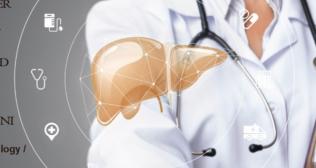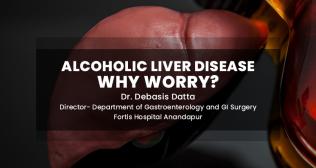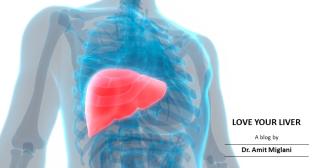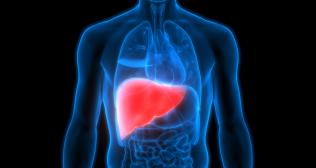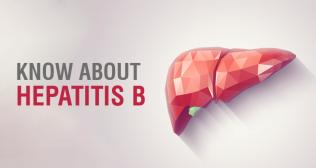
Understanding Bloating: Causes, Symptoms, and Remedies
A bloated stomach is first and foremost a feeling of tightness, pressure or fullness in your belly. It may or may not be accompanied by a visibly distended (swollen) abdomen.
Why is my stomach bloated?
The most common cause of stomach pain and bloating is excess intestinal gas. If you get a bloated stomach after eating, it may be a digestive issue. It might be as simple as eating too much too fast, or you could have a food intolerance or other condition that causes gas and digestive contents to build up.
How common is stomach bloating?
Between 10% and 25% of otherwise healthy people complain of occasional abdominal bloating. As many as 75% describe their symptoms as moderate to severe. About 10% say they experience it regularly. Among those diagnosed with irritable bowel syndrome (IBS), it may be as much as 90%.
What causes bloating in the stomach?
Gas is a natural byproduct of digestion, but too much intestinal gas means your digestion is gone awry. While you can ingest gasses by swallowing air or drinking carbonated beverages, these gasses mostly escape through belching before they reach your intestines. Gasses in your intestines are mostly produced by gut bacteria digesting carbohydrates, in a process called fermentation.
Some possible causes include:
- Carbohydrate malabsorption: Many people have difficulties digesting particular carbohydrates (sugars). Some common culprits include lactose, fructose and the carbs in wheat and beans.
- Small intestinal bacterial overgrowth (SIBO): This occurs when gut bacteria from the colon overflow into the small intestine. The overgrowth of these bacteria can also overwhelm other bacteria that are meant to balance them.
- Functional digestive disorders. IBS and functional dyspesia are diagnosed when your body struggle more with digestion for unexplained reasons.
- Visceral Hypersensitivity: Some people feel like they’re gassy and bloated even when their volume of gas is normal.
- Constipation: Backed-up poop in your colon causes recently digested food to stay longer in the intestines, waiting to descend. Everything expands to contain the extra volume, leading to bloat.
- Bowel obstructions. When it isn’t backed-up poop obstructing your bowels, it could be something more serious. Both your large and small bowels can become blocked by tumors, scar tissue, strictures, stenosis, or hernias. Inflammatory diseases such as Crohn's Crohn’s disease and diverticulosis can damage parts of your small bowels, creating strictures that narrow the passage of digestive contents.
Home remedies and lifestyle changes to reduce bloating
What brings relief in the long term will depend on the cause of your distress. You might need a professional diagnosis to get to the bottom of it. But if you’re looking for home remedies to debloat your stomach today or avoid bloating tomorrow, there are a few things you can try.
- Herbal teas, including peppermint, chamomile, ginger, turmeric and fennel can aid digestion and help process gas.
- Peppermint oil capsules are a natural antispasmodic. That means they help your intestinal muscles relax.
- Antacids relieve inflammation in the digestive tract and help pass gas more easily.
- Magnesium supplements help to neutralize stomach acid and relax the intestinal muscles..
- Probiotics can help supplement or rebalance your gut bacteria. Some will help you digest your food better in the first place, and others may actually help absorb excess gasses. You may have to take them consistently for a few days or weeks to really notice a difference.
- Psyllium husks are a popular fiber supplement that can help you poop more regularly. Always introduce fiber supplements gradually, and with lots of water.
- Regular exercise with a focus on core body strengthening can help combat abdominal bloating.
- Reduce stress
- 7-8 hrs of relaxing sleep
- Avoid smoking, tobacco , alcohol , fast food, carbonated beverages, packed food, refined sugars.
Categories
Clear allMeet the doctor

- Gastroenterology and Hepatobiliary Sciences | Gastroenterology
-
12 Years
-
1200







